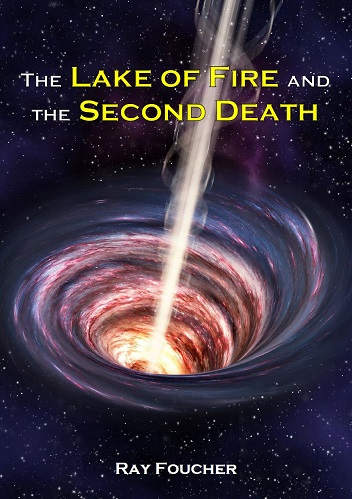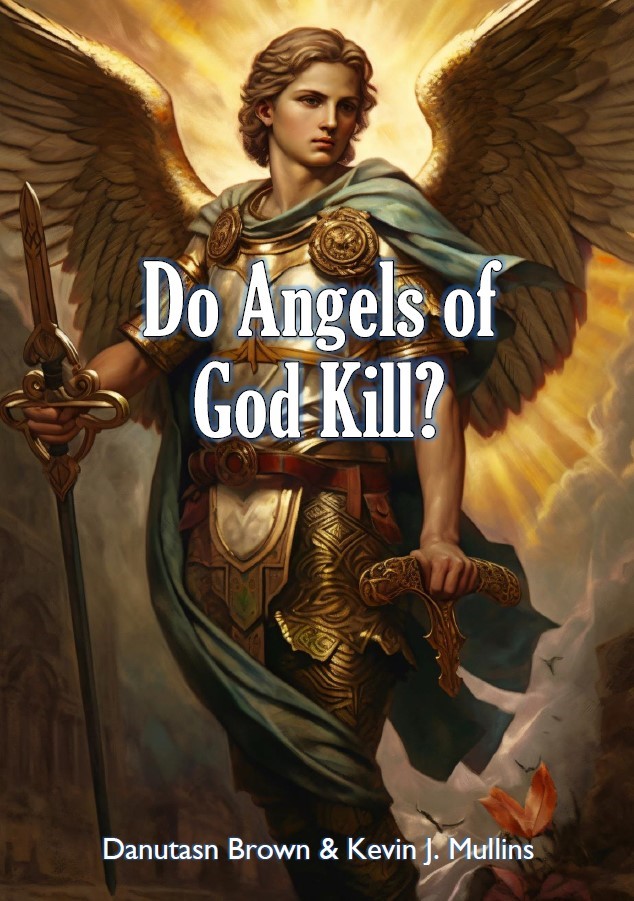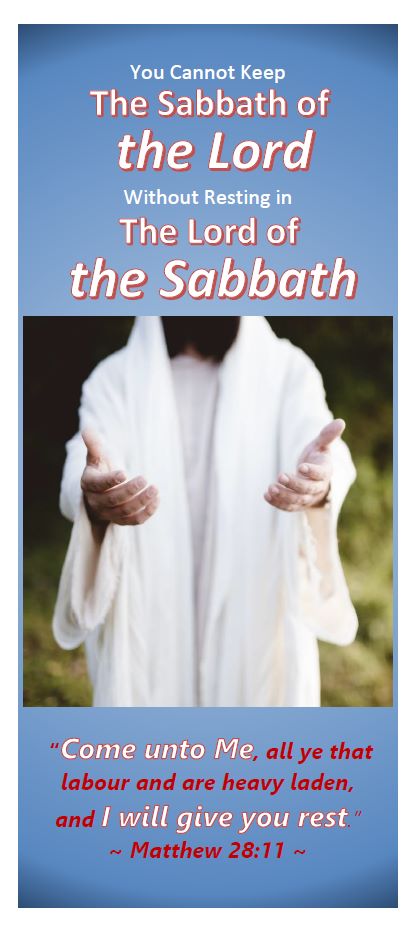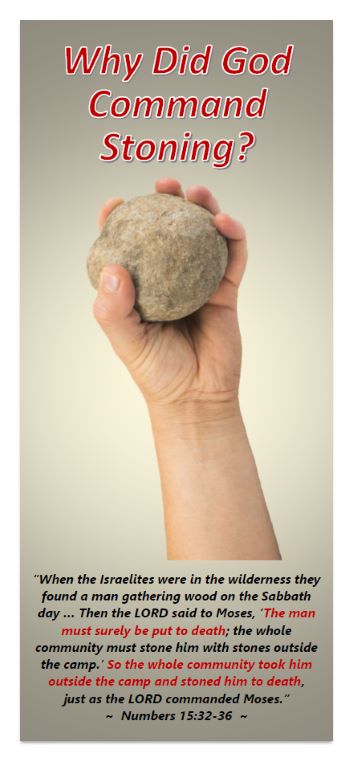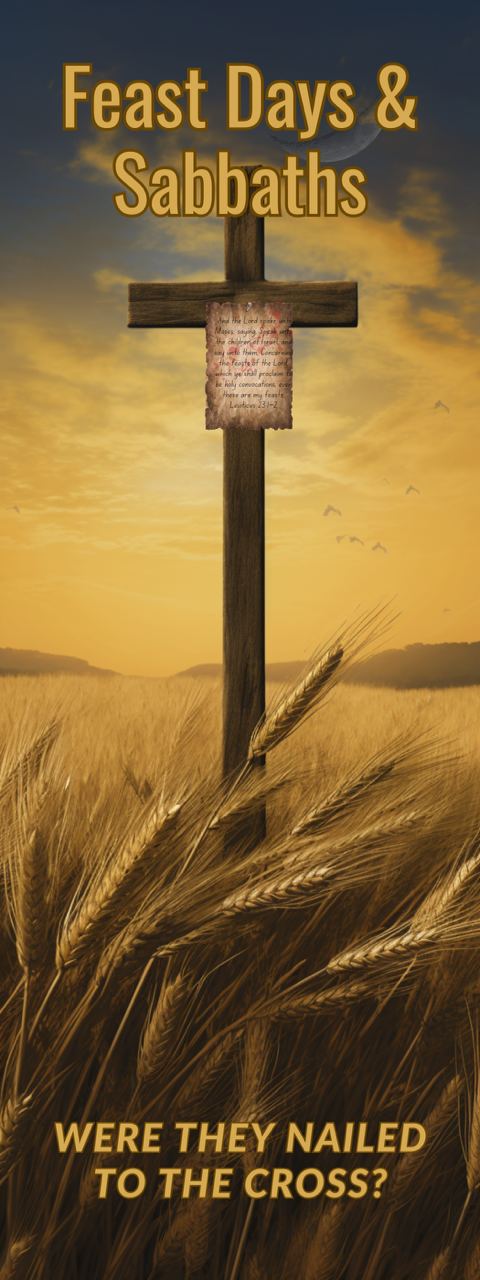(Isaiah 6:3) Doesn’t Isaiah Hear the Angels Praise Each of the Three Persons of the Trinity by Saying, “Holy, Holy, Holy”?
“And one cried unto another, and said, Holy, holy, holy, is the LORD of hosts: the whole earth is full of his glory” (Isaiah 6:3).
There is a verse in Isaiah that is sometimes used to support the trinity doctrine. Isaiah saw the Lord sitting upon a throne and there were Seraphim [angelic beings] with six wings, “And one cried unto another, and said, Holy, holy, holy, is the Lord of hosts: the whole earth is full of his glory” (Isaiah 6:3). It is claimed by some trinitarians that the three times “holy” was repeated praise was ascribed to each of the three persons of the trinity. Yet, this is not a necessary conclusion. It must be admitted that they may have just been zealous in their worship of “the only true God” and were overwhelmed with His holiness sufficiently to draw from their lips three expressions of holiness for emphasis. In fact, this is not an isolated case where a word was repeated three times.
Jeremiah reprimanded the Jews when he wrote, “Trust ye not in lying words, saying, The temple of the Lord, The temple of the Lord, The temple of the Lord, are these” (Jeremiah 7:4). Surely, none would suppose that the Jewish temple was composed of three temples in one just because the term was used three times in a row.
In another place Jeremiah wrote, “O earth, earth, earth, hear the word of the Lord” (Jeremiah 22:29). Jeremiah was certainly only talking about one earth, but he repeated the word “earth” three times for emphasis.
Ezekiel wrote concerning the Jewish government, “I will overturn, overturn, overturn, it: and it shall be no more, until he come whose right it is; and I will give it him” (Ezekiel 21:27). Ezekiel was not referring to the kingdom being overturned three times, but he repeated it three times to emphasize the certainty of this prophecy.
When King David’s son died, the Bible says, “And the king was much moved, and went up to the chamber over the gate, and wept: and as he went, thus he said, O my son Absalom, my son, my son Absalom! would God I had died for thee, O Absalom, my son, my son!” (2 Samuel 18:33). David was overwhelmed with emotion and repeated the term, “my son” several times, not to indicate that he was referring to several sons, but to express the magnitude of his emotions.
If we are to conclude that when the angelic beings exclaimed, “holy, holy, holy,” that they were referring to three separate persons, then to be consistent we would have to apply this logic to all the texts mentioned above. Yet, that would be absurd. If it is unsound logic in one place, it is unsound logic in another. There is nothing in the context that would require us to conclude that the angelic beings were praising three persons.
Actually, we can be certain to whom these praises were ascribed. The thrice repeated “holy” is found one other place in scripture, and the context shows us who was being worshiped by this phrase. John wrote:
“And immediately I was in the spirit: and, behold, a throne was set in heaven, and one sat on the throne … and in the midst of the throne, and round about the throne, were four beasts [living creatures YLT] full of eyes before and behind … And the four beasts had each of them six wings about him; and they were full of eyes within: and they rest not day and night, saying, Holy, holy, holy, Lord God Almighty, which was, and is, and is to come. And when those beasts give glory and honour and thanks to him that sat on the throne, who liveth for ever and ever, The four and twenty elders fall down before him that sat on the throne, and worship him that liveth for ever and ever, and cast their crowns before the throne, saying, Thou art worthy, O Lord, to receive glory and honour and power: for thou hast created all things, and for thy pleasure they are and were created. And I saw in the right hand of him that sat on the throne a book written within and on the backside, sealed with seven seals … And I beheld, and, lo, in the midst of the throne and of the four beasts, and in the midst of the elders, stood a Lamb as it had been slain … And he came and took the book out of the right hand of him that sat upon the throne.” (Revelation 4:8-5:7)
Here we find that the one who was addressed by the term “Holy, holy, holy” is “the Lord God Almighty,” and is “him that sat on the throne.” We can also see from this that the one sitting on the throne is distinct and separate from the Lamb who approaches the throne and takes a book from His hand. The Lamb is Jesus Christ, and the one on the throne is God, His Father. We see this theme repeated consistently through the book of Revelation. John wrote, “And every creature which is in heaven, and on the earth, and under the earth, and such as are in the sea, and all that are in them, heard I saying, Blessing, and honour, and glory, and power, be unto him that sitteth upon the throne, and unto the Lamb for ever and ever” (Revelation 5:13). “Him that sitteth upon the throne” is God, the Father.
John wrote, “After this I beheld, and, lo, a great multitude, which no man could number, of all nations, and kindreds, and people, and tongues, stood before the throne, and before the Lamb, clothed with white robes, and palms in their hands; And cried with a loud voice, saying, Salvation to our God which sitteth upon the throne, and unto the Lamb” (Revelation 7:9, 10). John saw the New Jerusalem and wrote, “And I saw no temple therein: for the Lord God Almighty and the Lamb are the temple of it” (Revelation 21:22). “The Lord God Almighty” is “him that sat on the throne,” and is the one addressed by the term “holy, holy, holy.”
There is no biblical basis to suppose that the angelic beings in Isaiah’s vision were praising a trinity by repeating the word “holy” three times. It is an example of the lengths trinitarians are compelled to go in grasping at straws to support their unbiblical position and finding support where there is none.
The fact that Jesus is God’s literal Son is the cornerstone of Christ’s church (Matthew 16:13-18). Those who seek biblical support for falsehoods will someday discover the error of their ways. God said, “Behold, I lay in Zion for a foundation a stone, a tried stone, a precious corner stone, a sure foundation: he that believeth shall not make haste. Judgment also will I lay to the line, and righteousness to the plummet: and the hail shall sweep away the refuge of lies, and the waters shall overflow the hiding place” (Isaiah 28:16, 17). I pray that you will cling to the Son of God who is the precious cornerstone, and not make lies about God and His Son a refuge.

